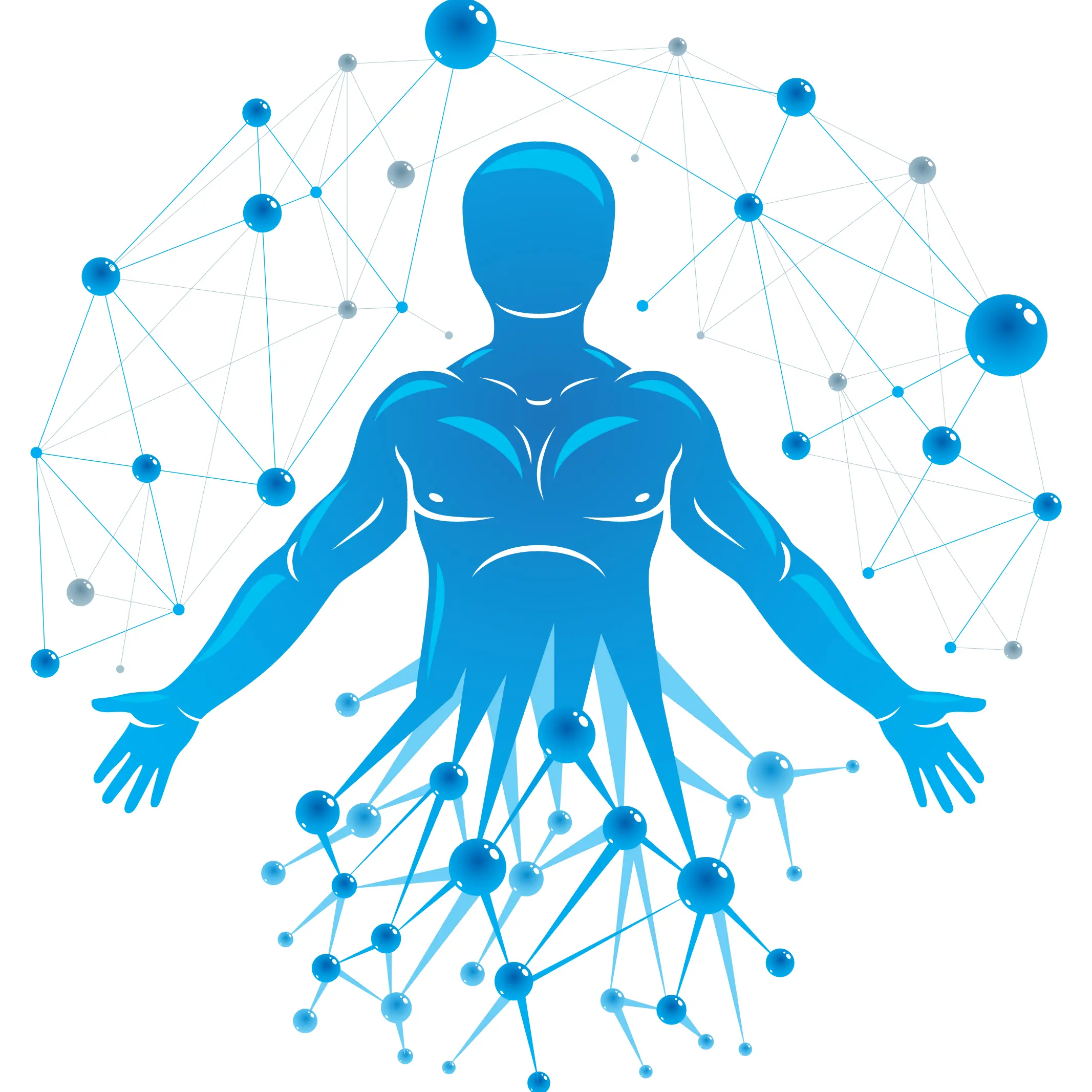In recent years, advanced genomic tools have emerged as pivotal in revolutionizing the landscape of healthcare and medicine. These cutting-edge technologies have not only enhanced our understanding of human genetics but have also accelerated the pace of medical research and personalized treatment strategies. This article delves into the profound impact of advanced genomic tools across various facets of healthcare, highlighting their transformative potential and future implications.
Understanding Advanced Genomic Tools
Advanced genomic tools encompass a range of technologies and methodologies aimed at analyzing the complete set of genetic material within an organism, known as the genome. Key advancements include next-generation sequencing (NGS), genome editing techniques like CRISPR-Cas9, and high-throughput bioinformatics tools. These tools enable researchers and clinicians to decipher genetic variations, identify disease-causing mutations, and predict individual responses to treatments with unprecedented accuracy.
Applications in Personalized Medicine
One of the most significant contributions of advanced genomic tools is in the realm of personalized medicine. By analyzing an individual’s genetic makeup, healthcare providers can tailor treatments to match their unique genetic profile. This approach not only improves treatment outcomes but also minimizes adverse effects, as medications can be chosen based on genetic predispositions to drug metabolism and efficacy.
Genomic Tools in Disease Diagnosis and Prevention
In diagnostics, advanced genomic tools have revolutionized the speed and accuracy of disease detection. NGS, for instance, allows for rapid sequencing of entire genomes or targeted regions, aiding in early detection of genetic disorders, infectious diseases, and cancer mutations. Early detection through genomic screening empowers healthcare providers to implement timely interventions and preventive measures, thereby reducing morbidity and mortality rates.
Enhancing Precision in Oncology
In oncology, advanced genomic tools play a pivotal role in precision oncology. By analyzing tumor genomes, clinicians can identify specific mutations driving cancer growth and metastasis. This knowledge enables the selection of targeted therapies that are more effective and less toxic than traditional chemotherapy. Moreover, genomic profiling helps in predicting treatment responses and disease progression, guiding therapeutic decisions for better patient outcomes.
The Role of Bioinformatics and Big Data
Advanced genomic tools generate vast amounts of genomic data, necessitating sophisticated bioinformatics analyses to derive meaningful insights. Bioinformatics integrates computational biology with genomic data analysis, enabling researchers to interpret complex genetic information and uncover novel biomarkers or therapeutic targets. Big data analytics further enhances our ability to understand disease mechanisms, predict outcomes, and optimize treatment strategies in real time.
Ethical Considerations and Future Directions
While advanced genomic tools hold immense promise, they also raise ethical considerations surrounding genetic privacy, informed consent, and equitable access to genomic technologies. Addressing these challenges requires collaboration among stakeholders, including policymakers, healthcare providers, researchers, and the public. Looking ahead, ongoing advancements in genomic research promise to further personalize medicine, transform healthcare delivery, and ultimately improve patient outcomes on a global scale.
Visit Gene Ai
Conclusion
In conclusion, advanced genomic tools represent a paradigm shift in modern healthcare, offering unprecedented opportunities to understand, diagnose, and treat diseases with unparalleled precision. From personalized medicine and disease prevention to oncology and bioinformatics, these technologies continue to redefine the boundaries of medical innovation. As we navigate the complexities of integrating genomic data into clinical practice, one thing remains clear: the future of healthcare is undeniably intertwined with the evolution of advanced genomic tools.


